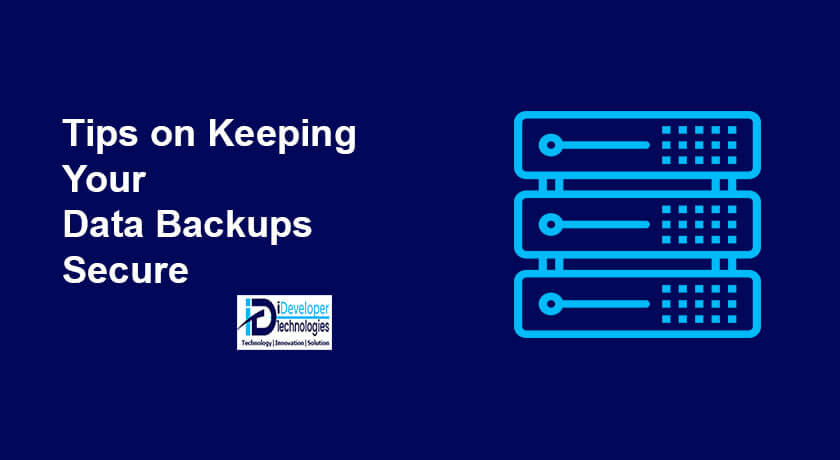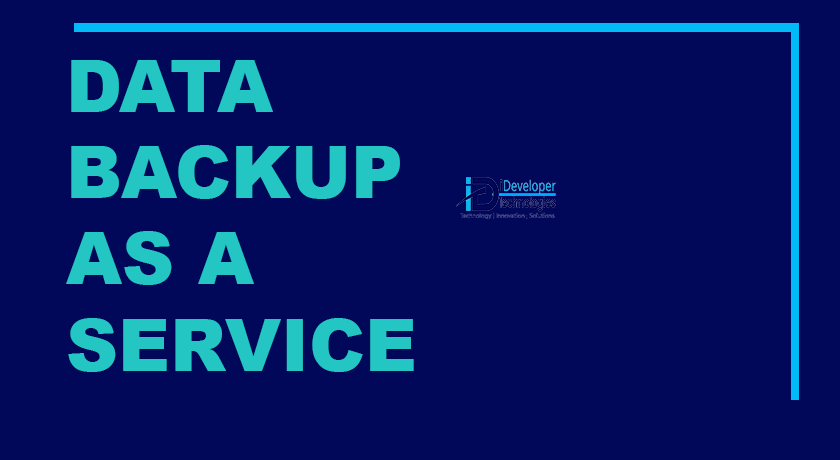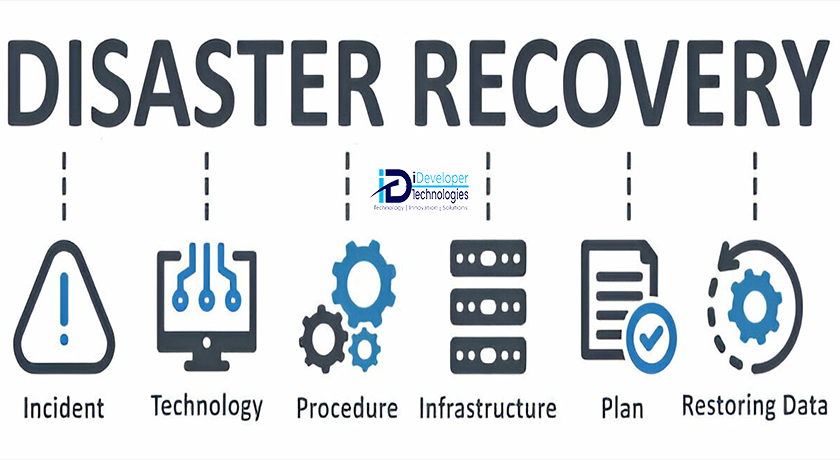Power interruptions are among the top causes of IT downtime, equipment failure, and data corruption…

Tips on Keeping Your Data Backups Secure data backup kenya
For any orgnization data backup particularly in kenya, is a critical issue. Disasters are an inevitable part of life, and they can take many different forms.
Natural calamities such as hurricanes, tornadoes, and earthquakes can cause extensive property damage and disrupt entire communities.
Meanwhile, cyberattacks and data breaches can wreak havoc on businesses, leaving them struggling to recover from the loss of crucial data.
In the aftermath of such disasters, it is critical to have the right tools and protocols in place to prevent total data loss.
Unfortunately, many organizations are not adequately prepared, and without proper data backup for there business in kenya , they can be ill-equipped to recover important business data.
This can be a costly mistake, as IBM’s annual Cost of a Data Breach report indicates. According to the report, the global average cost of a data breach has risen up in 2023, marking a 15% increase over the past three years. The financial ramifications of such incidents can be significant.
However, the consequences of data loss go beyond just financial concerns. Disruptions to business operations and productivity can be equally damaging, as can legal repercussions and the potential closure of businesses. Therefore, it is essential to take steps to protect your data and ensure that you are prepared to recover in the event of a disaster.
Why data backup is important
In today’s digital age, data is of utmost importance for organizations. It is the backbone of their operations and critical to their success. For these reasons data backup is key in kenya.
However, data is vulnerable to cyberattacks, hardware failures, natural disasters, and other unforeseeable events. In such cases, data backup plays a crucial role in ensuring business continuity. Surprisingly, many organizations overlook the importance of data backup until they encounter a data breach or data loss.
By then, it may be too late to recover the lost data, leading to significant financial and reputational damage. Therefore, organizations need to prioritize the implementation of thorough backup strategies, including regular backups, offsite storage, and testing of backup systems. Effective data backup strategies can help organizations recover from data loss and minimize the impact of a data breach on their operations and reputation.
#1 Data loss prevention
In the digital era today, data is one of the most valuable assets of any company. Losing critical data can have devastating consequences, ranging from financial losses to legal liabilities.
That’s why companies need to have a robust backup and recovery plan that ensures the safety and security of their data. By implementing a comprehensive backup strategy, businesses can protect themselves from unexpected events, such as hardware failure, cyber-attacks, and natural disasters.
In summary, data backup particularly in Kenya is a crucial aspect of any business continuity plan, and companies should give it the attention it deserves to avoid potential data loss and associated risks.
#2. Access to Archived Information
To ensure compliance with regulations, industries such as finance and healthcare can benefit from having a streamlined record-keeping system that allows for easy access during audits.
Related: Why Backup & Disaster Recovery is Key for Small businesses in Kenya
#3. Enhanced Efficiency
In case of an unforeseen disaster leading to the unfortunate loss of important user documents, having a well-prepared backup system in place can prove to be a lifesaver. It not only ensures the prompt and efficient recovery of lost data but also saves users from the hassle and frustration of having to recreate all their lost documents from scratch.
#4. Improved Data Protection
In the unfortunate event of a ransomware attack, having a secure and reliable data backup system in place can provide peace of mind.
With data backups for you business in Kenya, you can be assured that all your critical data is stored safely, allowing for quick and effective recovery in case of any damage caused by the ransomware attack.
This way, you can avoid any potential data loss or system downtime that may result from the attack, and continue your operations with minimal disruption.
#5. Unavoidable Nature of Disasters
It is highly recommended for organizations to prioritize investing in preventive measures, such as robust security solutions, to minimize the potential impact of disasters. However, it is important to acknowledge that some disasters, especially natural ones, maybe beyond human control and may lead to irreversible damage. In such scenarios, having reliable and up-to-date backups can serve as a crucial safeguard against complete data loss. With backups in place, organizations can ensure that they can recover their critical data and resume normal operations with minimal downtime, even in the event of a disaster.
Related: Data backup Strategy Guide for small business in Kenya
#6. Human Error
It’s not always the case that data loss occurs as a result of catastrophic events or malicious attacks. Many times, it’s the employees themselves who accidentally delete important company information. To prevent such situations from causing irreparable damage, it’s important to have a proper backup system in place that allows for quick and efficient retrieval of lost data copies.
8 tips on keeping your data secure
While having a backup solution is crucial in protecting your data, it is important to note that it is not a comprehensive solution by itself.
There are other steps that you can take to further enhance your data security even after it has been backed up. For instance, you can encrypt your data before backing it up to prevent unauthorized access.
You can also ensure your backups are stored in secure locations and periodically test and verify your backup to ensure it is functional. Taking these additional steps will help you safeguard your data in case of a security breach or data loss.
#1. Validate Your Backups
Picture this scenario: your business is hit by a malicious ransomware attack that causes significant damage, leaving you in a vulnerable position.
Despite being prepared and following a backup schedule, you find out that some files have become corrupted during the recovery process. This unexpected turn of events can be costly and time-consuming, and it can significantly impact your business operations.
To prevent such predicaments, it is essential to keep your backups up-to-date and to perform regular testing to ensure the integrity of stored data.
This way, you can be confident that your data is safe and reliable, even in the event of a security breach or system failure. By taking these proactive steps, you can protect your business from the harmful consequences of cyber-attacks and safeguard your valuable data.
#2. Prioritize Recovery Procedures
It is indisputable that data backup is essential for any organization in Kenya. However, it is equally important to have a well-thought-out disaster recovery plan in place.
In the event of a crisis, the ability to quickly and efficiently retrieve backups becomes critical. An effective disaster recovery plan should include detailed corrective actions, clearly defined responsibilities.
Additionally, established communication protocols, and other necessary elements to ensure a swift and successful recovery from any disaster.
#3. Adhere to the 3-2-1 Data Backup Principle
When it comes to data backup practices, the 3-2-1 backup rule is a fundamental guideline that you should keep in mind. This rule emphasizes the importance of maintaining three copies of your data, each stored in two distinct media formats, with at least one copy stored offsite.
By following this redundancy principle, you can significantly increase the chances of successful data restoration and recovery. In the event of an unexpected data loss or disaster, you want to keep your valuable data safe and secure.
make sure to adopt the 3-2-1 backup rule as part of your backup strategy.
#4. Secure Folders and Documents
Did you know that as per the 2021 Varonis Global Data Risk Report, about 33% of all company folders can be accessed by any employee? This widespread accessibility can lead to accidental deletion or creation of crucial data.
Therefore, it is recommended to take proactive measures to secure your folders and documents against unauthorized modifications. This can help prevent any potential data breaches or loss of important information.
#5. Employ Encryption for Data Backups in Kenya
When it comes to safeguarding sensitive information, employing encryption for backups can provide an additional layer of security. This is particularly useful for scenarios where backups may be vulnerable to unauthorized access, such as during data transfers or storage.
By encrypting the backup data, the information becomes unreadable to anyone who doesn’t have the necessary decryption key. This enhanced security feature is especially crucial for industries that require stringent data protection measures, such as healthcare, finance, and government agencies.
#6. Establish Data Backup Schedules
Any organization must establish a regular backup schedule to keep their data safe and secure. By consistently maintaining backups, you can ensure that your data stays up to date and minimize the risk of any data loss.
This is a proactive step that can help you avoid any potential data security risks and provide you with peace of mind knowing that your valuable data is always protected. This ensure you have your data backup needs for your business in Kenya done right.
Learn about: EndPoint Security Solution in Kenya
#7. Leverage Data Backup Automation
Incorporating specialized backup software that comes with automation features can significantly simplify the backup procedure and minimize the chances of any human errors.
By utilizing automation, you can ensure that your backup schedules are followed precisely, which will help you avoid missed backups. This will mitigate the risk of losing important data and ensure that all your files are backed up safely and reliably.
#8. Continuously Monitor Backups
To ensure that backup systems function effectively and prevent any potential data loss incidents, it is important to incorporate monitoring into your backup workflow.
By doing so, you can proactively identify and rectify any errors that may occur. Vigilant monitoring plays a crucial role in maintaining the integrity of backup systems, providing you with peace of mind that your data is safe and secure.
iDeveloper Technologies Backup Solution
In today’s fast-paced and ever-evolving digital landscape, cybersecurity threats are rampant and can strike at any time. One particularly devastating result of these threats is data loss, which can have serious repercussions for businesses of all sizes.
However, with iDeveloper Technologies Backup, organizations can take advantage of an automated and continuous backup process that provides unparalleled resilience against such threats.
One of the key advantages of iDeveloper Technologies Backup is its ability to swiftly recover encrypted data. This capability is particularly relevant in the context of ransomware attacks, which are becoming increasingly common and can wreak havoc on a business’s operations.
With iDeveloper Technologies Backup, businesses can rest assured that their data is protected against such attacks and that they have a solid foundation on which to build their cybersecurity defenses.
Another advantage of iDeveloper Technologies Backup is its flexibility. The solution is designed to work seamlessly with a wide range of IT environments, from small businesses to large enterprises. This means that businesses of all sizes can take advantage of the benefits of iDeveloper Technologies Backup, regardless of their specific needs or requirements.
Overall, iDeveloper Technologies Backup is a cornerstone defense against modern IT challenges. With its automated and continuous backup processes, swift data recovery capabilities, and flexibility, businesses can navigate the digital landscape with confidence, knowing that their data is protected against the many threats that they may face.



